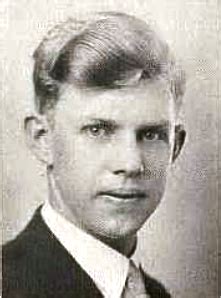A Quote by David Foster Wallace
Fiction is one of the few experiences where loneliness can be both confronted and relieved.
Quote Topics
Related Quotes
Fiction is one of the few experiences where loneliness can be both confronted and relieved. Drugs, movies where stuff blows up, loud parties - all these chase away loneliness by making me forget my name's Dave and I live in a one-by-one box of bone no other party can penetrate or know. Fiction, poetry, music, really deep serious sex, and, in various ways, religion - these are the places (for me) where loneliness is countenanced, stared down, transfigured, treated.
A lonely, quiet person has observations and experiences that are at once both more indistinct and more penetrating than those of one more gregarious; his thoughts are weightier, stranger, and never without a tinge of sadness. . . . Loneliness fosters that which is original, daringly and bewilderingly beautiful, poetic. But loneliness also fosters that which is perverse, incongruous, absurd, forbidden.
I'm aware of narrating certain experiences as they happen or obliterating those experiences with narrative and then those stories - not the experiences themselves - might become material for art. This kind of transformation shows up a lot in 10:04 because the book tracks the transposition of fact into fiction in the New Yorker stor
The menopause is probably the least glamorous topic imaginable; and this is interesting, because it is one of the very few topics to which cling some shreds and remnants of taboo. A serious mention of menopause is usually met with uneasy silence; a sneering reference to it is usually met with relieved sniggers. Both the silence and the sniggering are pretty sure indications of taboo.





































